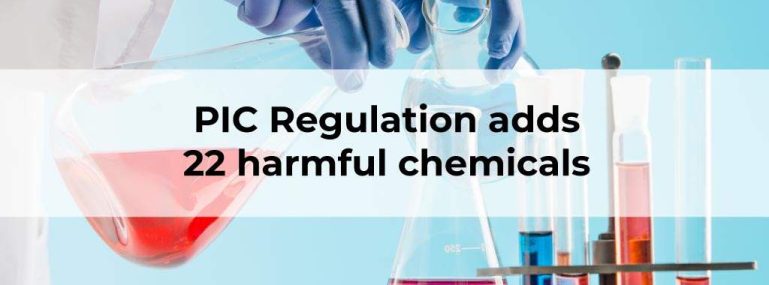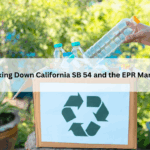In the EU, the Prior Informed Consent (PIC) Regulation sets regulations governing the trade of certain hazardous chemicals that are blocked or severely restricted. It is the responsibility of companies to comply with EU legislation if they wish to export these chemicals to non-EU countries or import them into the EU. This regulation came into force on March 1, 2014.
The PIC shares responsibility for international trade in hazardous chemicals and cooperates with other parties. Additionally, it protects human health and the environment by providing importing countries with information on how to handle, store, transport, use, and dispose of hazardous chemicals safely.
The following lists are covered by PIC:
- Chemicals listed in Annex I of the PIC Regulation that are banned or severely restricted:
- A substance that is active in pesticides (for example, atrazine or permethrin) or a substance that can be used in disinfectants, insecticides, or parasiticides (for example, malathion or didecyldimethylammonium chloride).
- o Industrial chemicals (e.g., benzene or chloroform)
- Those substances listed in Annex V of the PIC Regulation that are prohibited for export from the European Union (such as mercury compounds and persistent organic pollutants).
As of 21 April 2022, 22 new chemicals will be added to the list, including 15 pesticides and seven industrial chemicals containing benzene at concentrations greater than 0.1 percent, including all substances containing benzene as a constituent.
As a result of an amendment to the PIC Regulation, EU exporters are now required to notify their intent to export 22 chemicals. The amendment also prohibits the export of four chemicals. On 20 April 2022, an update was published, and it will begin to take effect on 1 July 2022.
Most of these chemicals will also require the explicit consent of the importing country in addition to the export notification.
Moreover, five chemicals whose export notification was previously only required will now need explicit consent. ePIC, the IT tool used to notify exports, has been updated and companies are already able to use it.





